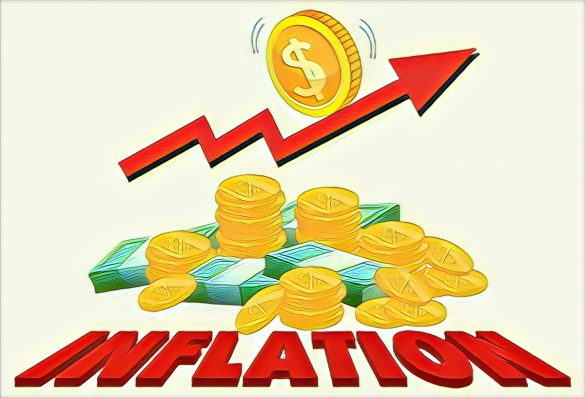KEY POINTS
- Nigeria’s inflation may hit 32.21 per cent in September, they project.
- Inflation is driven by increased fuel prices and currency naira depreciation.
- Structural challenges are facing the Central Bank’s tight monetary policy.
Nigeria could be facing a resurgence in inflation as rising fuel prices and a weakening naira take effect, economic analysts have warned. It comes as the National Bureau of Statistics (NBS) will release inflation data for September 2024.
Last month, Nigeria’s inflation rate fell to 32.15 percent from 33.40 percent in July as food supply improved during the harvest season. In its defense, analysts at Meristem Research also predicted inflation will rise slightly to 32.21 per cent in September.
Inflation fuelled by naira depreciation, fuel prices
The Meristem report states that core inflation will rise to 27.94 percent from 27.58 percent in August, due to petroleum prices jumping 42.68 percent in August. Fuel scarcity and the rise in transportation costs will hit the prices of goods and services, says the report.
‘The primarily pass-through effect of higher fuel prices on transportation likely will push up food prices despite the continuing harvest season,’ the analysts said.
Meanwhile, the depreciation of the naira by 4.31 percent in September is also adding to the inflationary pressures charging up the price of goods and services in the country.
Uncertain policy in the face of structural challenges
Addressing Cowry Asset Management Limited’s recent webinar, managing director, Johnson Chukwu said there were fears that inflationary trends could resurface in the fourth quarter. He added that the latest inflation decline may be reversed as fuel prices now stand at above N1,000 per litre.
But he pointed to the challenges with the Central Bank of Nigeria’s tight monetary policy, such as poor infrastructure, unreliable power supply and logistical bottlenecks. Chukwu said, “These structural issues retard stabilizing prices with monetary policy.”
The impact of Central Bank’s tight monetary policy on capital inflows
Starting from February 2024, Olayemi Cardoso has led the CBN with a very strict monetary tightening strategy. Consequently, yield on fixed income securities have been rising with the increase in MPR and Cash Reserve Ratios for banks.
However, these measures have attracted foreign investment as Investors seek for more return, according to the latest Capital Importation Report from the NBS.
According to The Punch, Currently the CBN’s benchmark interest rate is 27.25 per cent, after the September Monetary Policy Committee (MPC) meeting. While the move brings positive impact on capital inflows, analysts say it could further drive inflation pressures arising from structural challenges and rising fuel prices.


